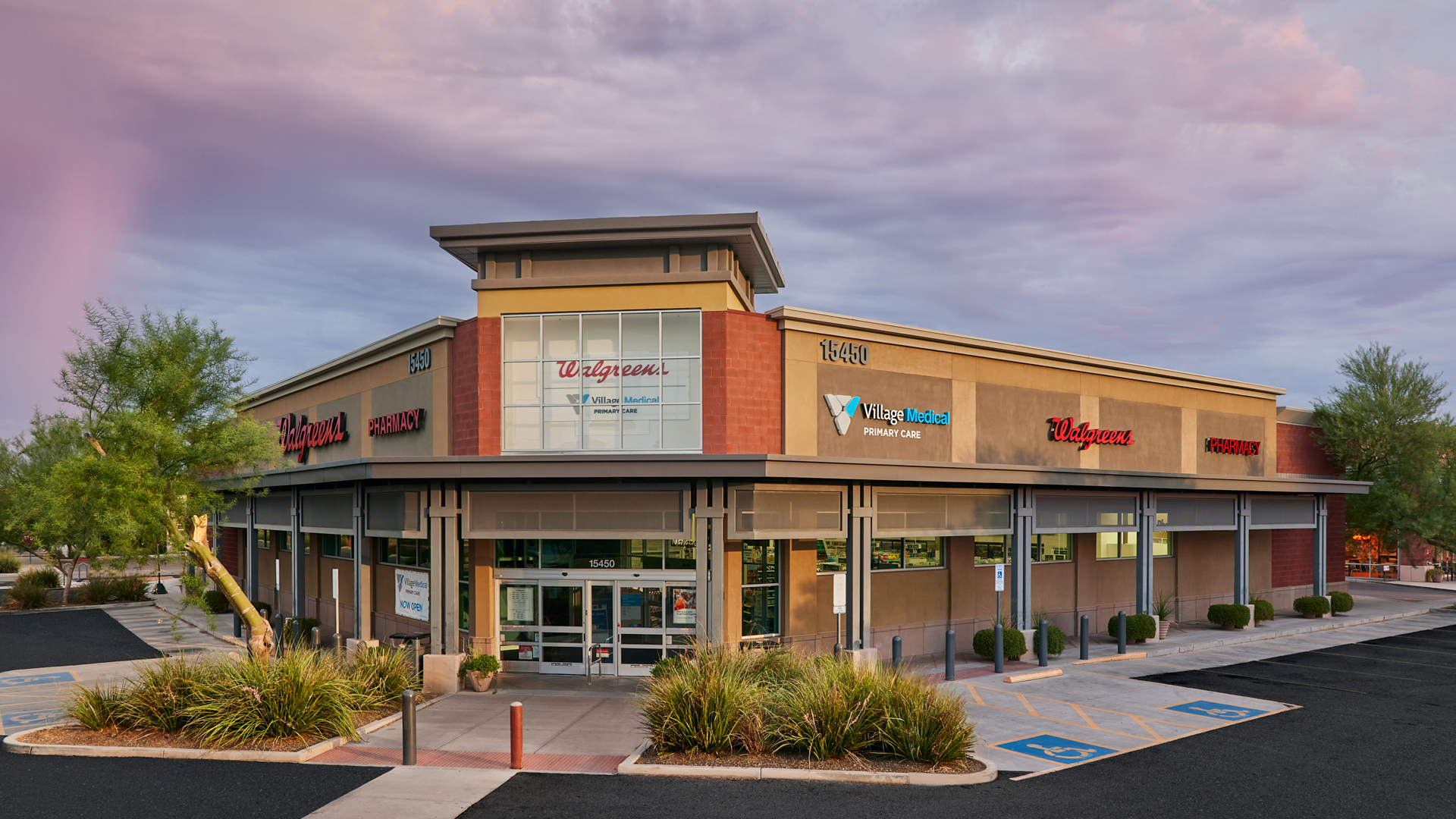Last month two men were sentenced in the worst single Listeria outbreak in American history when 33 people died and 111 fell ill after eating contaminated cantaloupe from one farm. Life science startup Invisible Sentinel has secured approval for a Listeria test from the AOAC International, the Association of Agricultural Chemists — a nonprofit scientific association and regulation body. It’s a significant milestone, as Listeria accounts for 40 percent of food safety tests in the U.S.
Its Veriflow test uses a molecular detection system. The idea is to speed up the time it takes to identify whether samples are contaminated and make it easier to use and more easily transported.
Co-founder and Chief Business Officer Benjamin Pascal’s 7-year old business is based in the University City Science Center. Since it secured approval for a test for a bacteria most commonly associated with chickens — Campylobacter jejuni — the company has been in expansion mode — Pascal now has 20 staff members. Although the sales team has been a focus, so has strengthening its management team. A green-light for its salmonella test is expected to be announced later this month.

Unlocking Transparency in PBM Pricing
The TSX Venture Exchange has a strong history of helping early-stage health and life sciences companies raise patient capital for research and development.
In addition to the food industry, the company is also attracting interest from third-party labs.
Pascal told MedCity News it has put a lot of resources into developing custom testing for specific targets in different industries, including healthcare. It sees an opportunity to use its test to help hospitals more quickly identify microorganisms, such as those tied to hospital-acquired infections.
“If we were asked to build a custom diagnostic we would be able to do it, ” Pascal said.
Its first challenge to develop a customizable test has been with the wine industry. The company has partnered with Jackson Family Wine to develop a test to detect Brettanomyces bruxellensis in wine — a yeast with the power to ruin the taste of fine wines. It is still in the process of validating the test.

At ViVE 2024, Panelists Share Prior Authorization Progress and Frustration in Payer Insights Program
At the Payer Insights sessions on Day 1 of ViVE 2024, a panel on prior authorization offered compelling insights from speakers who shared the positive developments in this area after years of mounting frustration. Speakers also shared challenges as they work with providers to figure out how policy developments and technology will work in practice.
“I always knew there were many industries that we could go into that face the same need: to be able to detect microorganisms in complex environments,” said Pascal. “Where there are challenges like that we have a lot of opportunity to grow.”
Given the steady drumbeat of biotech IPOs, I asked Pascal whether the company was leaning in that direction or looking to do more strategic collaborations as it’s done with Jackson Family Wine or maybe sell the business to a larger company to help it expand.
“It’s hard to say,” he said. “From a financial standpoint, we have been very successful at raising capital to fuel the commercialization [of all of its products].”












